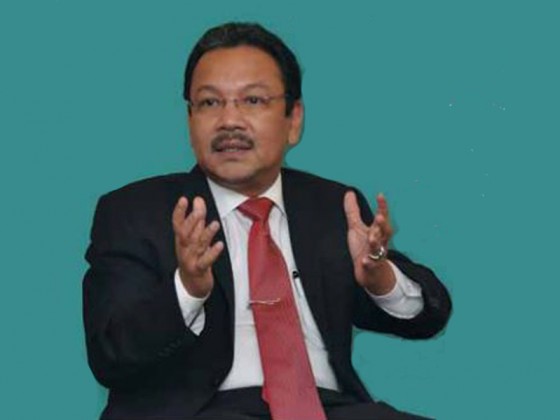In 20 to 30 years, machine intelligence will kill most middleclass jobs, as well as the broad prosperity that has characterized advanced economies since the 1950s.
by | Rushdi Abdul Rahim | rushdi@might.org.my
Greetings and Salutations! And to our Muslim readers, it is still not too late to wish you Eid Mubarak!
I hope your interest in the future and foresight is as strong as ever. Speaking of interest, have you read Tyler Cowen’s “Average Is Over”? – a controversial yet compelling forecast that argues that the modern world is on the cusp of a sea change, brought on largely by the rise of machine intelligence. Tyler is a professor of economics at George Mason University and a popular economics blogger.
He contends that automation of work and daily life will be the key force in a massive societal disruption that is just beginning to be felt. In 20 to 30 years, machine intelligence will kill most middle-class jobs, as well as the broad prosperity that has characterized America and other advanced economies since the 1950s. He believes the future will belong to a minority of people who have the talent and discipline to work effectively with smart machines.
Now, the key questions are: Will you be good at working with intelligent machines? Are your skills a complement to the skills of the computer, or would the computer do better without you? Worst of all, are you competing against the computer?
According to Cowen, people are starting to fall on one side of this divide or the other. Building on this central insight, Cowen evokes a wideranging vision of a sharply divided world in which most people either thrive at the top of the ladder or subsist on the lower rungs.
In work, wealth, education, residential geography, intimate relationships, and virtually every other aspect of life, the world will be increasingly divided into winners and losers, haves and have-nots. The middle class will largely disappear, as people either push their way to the top or fall permanently behind.
I find this a very interesting take on our future.
Therefore for this edition of myForesight® we have compiled articles and opinion piece by wide range of stakeholders on Intelligent machines – The Robotics Future.
According to Robert Tai, the evolution of industrial robots into its current form is not by accident, but by necessity to improve safety and increase productivity. Even though the general perception is that the increase use of robotics will deprive people of job opportunities, most of the tasks undertaken by robots are increasingly complex tasks as well as unsociable work. Therefore he opines that collaborative robotics will be the mainstay of robotics development.
We’ve heard how people envision robots as domestic help to assist them with their everyday chores. At present, commercially, the closest thing we have to helping with domestic chores is the Roomba – a robotic vacuum cleaner. However, I imagine the likes of like “Bicentennial man’’ being a reality in the future. Robot designer Tijn Van der Zant is spot on when he highlighted that cultural differences around the world should be a factor in designing any in-home robot. Are we ready to get our Robocop and Baymax the friendly medical assistant? And can we rely on drones to watch over our property? Datuk Dr. Yusoff Sulaiman explained this in Robot in Our Lives.
Datuk Khalilur Rahman notes the importance of robotics and its potential, highlighting the need to prepare our industry and also our society of its acceptance in Malaysia. His parting shot on the matter is “As much as we strive to develop robotic technologies to be better than humans, let us not forget to be better and responsible humans”.
Do keep your opinion and insights coming. We are always ready to hear them if you are willing to share.








